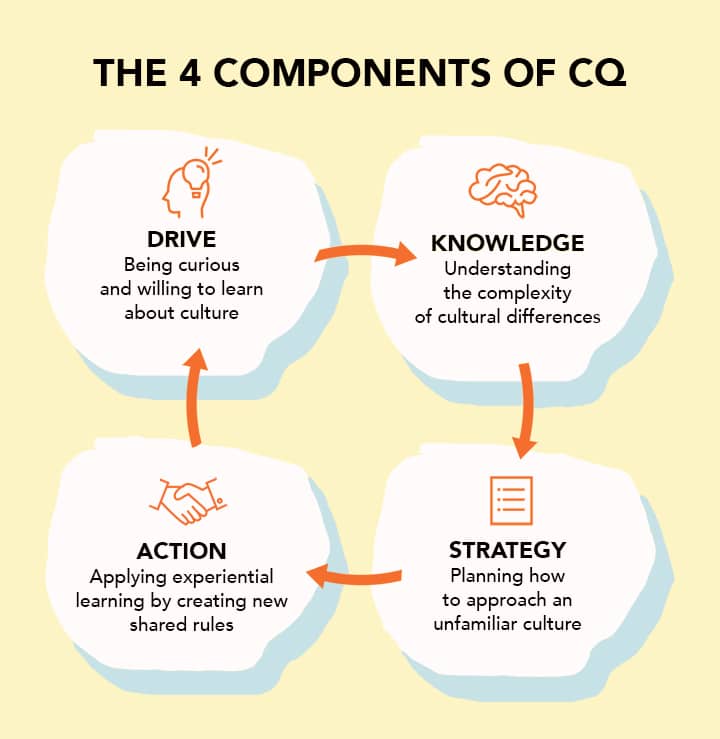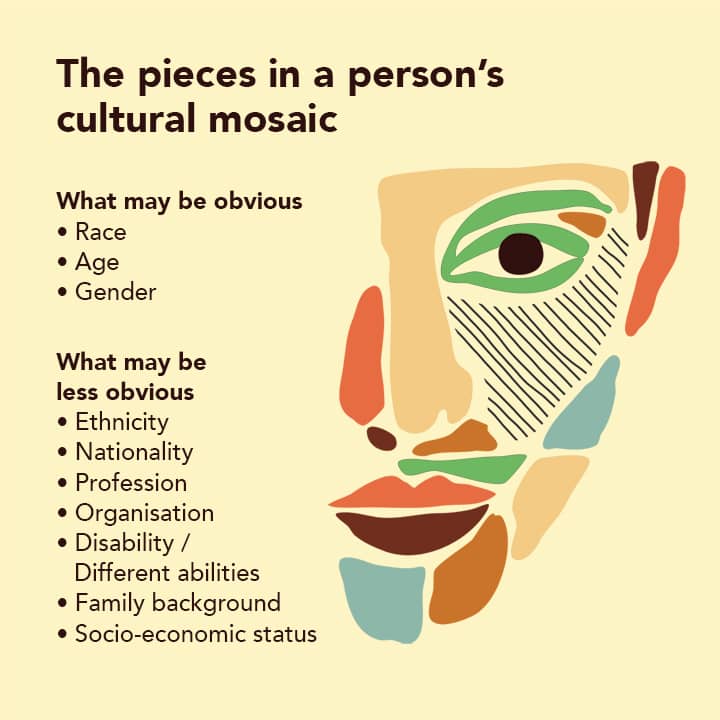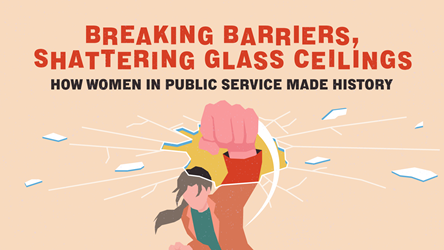Unlocking Cultural Intelligence: Breaking Barriers, Building Bridges

Imagine this: It’s your first week at a new job, and you’re sharing ideas for a project to your team. After your presentation, you’re shocked when your new boss immediately shoots down your ideas. Other colleagues chime in, pointing out the flaws in your proposal.
This is not what you are used to. At your previous workplace, your team practised giving criticism with positive praise at the start as a small form of encouragement. The bluntness of your new colleagues leaves you feeling a little stunned, and you’re not sure how to respond.
In situations like these – where tensions arise as a result of different norms and practices – cultural intelligence (CQ) comes in handy at helping us navigate a response.
CQ is a concept first introduced in 2003 by Professor Christopher Earley and Professor Ang Soon in their book, Cultural Intelligence: Individual Interactions Across Cultures. Today, CQ is especially important as our workplaces become more diverse and collaborative.
To better understand CQ, we first need to understand what culture is.
Culture goes beyond racial or religious beliefs and traditions, said Prof Ang. There are many ways to define it, but culture can be summed up in two words: shared rules.

These rules can be as wide-ranging as a country’s word of law, a company’s norms and procedures, or as simple as the beliefs and values of our households. These shared rules play a part in forming a person’s multi-layered cultural identity.
CQ, then, refers to how well you can navigate interactions with someone from a different culture.
Why Cultural Intelligence Is Important at Work
In the workplace, a high level of CQ can help us to bridge gaps across different teams, departments or even organisations.
In the Public Service, for example, CQ can help us to better navigate the different norms and objectives of each agency. The wide diversity of jobs mean that one’s colleagues can be people with very different roles. Due to the nature of Public Service work, officers frequently have to collaborate with officers from different departments, agencies or sectors.
People from a different team use a different set of rules from you, Prof Ang explained. Tensions may surface in inter-sector communication, which is where CQ will come in useful.
By honing our CQ, we can gain a better understanding of other working norms and cultures, which prevents misunderstandings and promotes workplace harmony.
Attaining Cultural Intelligence: Avoid Stereotyping
CQ is a capability and a skill. Like playing the piano or learning basketball, CQ can be practised.
The first step in honing CQ is to see beyond one dimension of a person’s cultural identity.
In other words, we should recognise that a person is beyond the manifestation of their race, gender and age. Factors like nationality, family background and organisation play a role in shaping their culture as well. These make up their cultural mosaic.

When we meet someone new, it is human nature to cast certain judgements and biases. The key is to avoid buying into these stereotypes.
Do a quick mental check: Does this stereotype hold true, or am I making assumptions? Chances are, you might have forgotten to consider the full cultural mosaic of the person.
Attaining Cultural Intelligence: Seek Experiential Learning
We can also practise CQ by seeking opportunities to learn about other cultures. In the context of the Public Service, this could mean taking up inter-agency courses or short-term job attachments.
It’s important to remember, however, that experiencing a new culture does not automatically translate to better CQ. According to Prof Ang, learning from experiences takes active observation and reflection.
When we enter a new cultural setting, we’ll often notice a gap between our rules and the rules of the new setting. We can bridge that gap by creating shared norms and values with the people we meet – in other words, by finding common ground with them.
We can also use an “if-then” strategy to better prepare ourselves for culturally unfamiliar situations, according to Dr David Livermore, founder of the Cultural Intelligence Center. This works by imagining a hypothetical scenario where you encounter an unfamiliar rule or norm (such as being asked to take part in a workplace tradition), then planning how you would respond to it.
By being open-minded about the cultural mosaics of other people, refraining from making quick judgements, and adapting to new cultural settings by creating shared rules with other groups or individuals, we can all enhance the way we work with diverse teams of people.
- POSTED ON
Oct 3, 2023
- TEXT BY
Erin Liam
Hidayah Md Sham
- ILLUSTRATION BY
Mushroomhead









